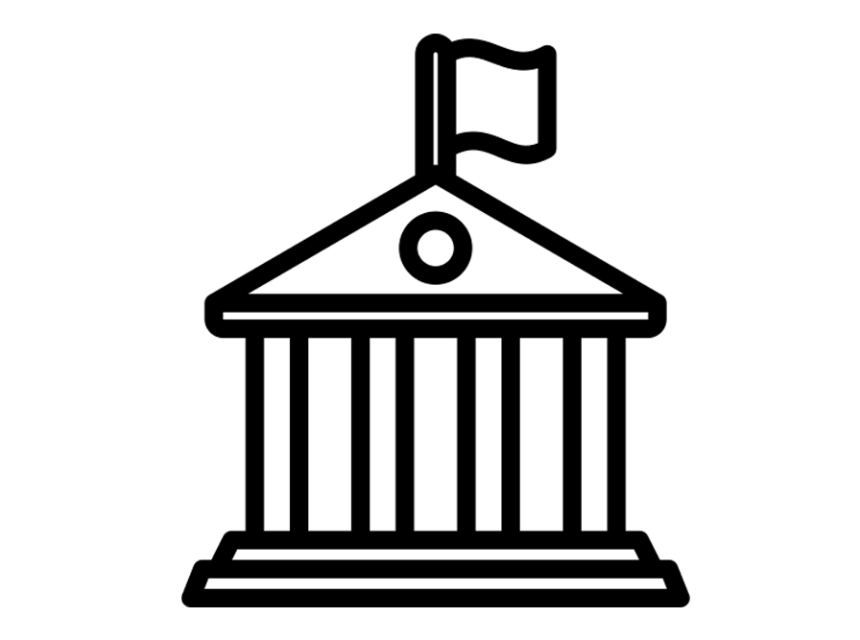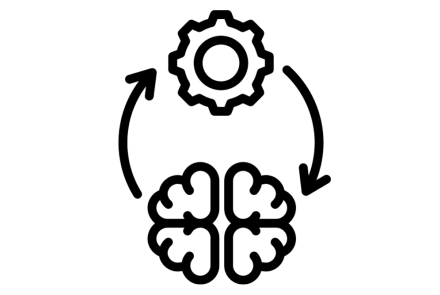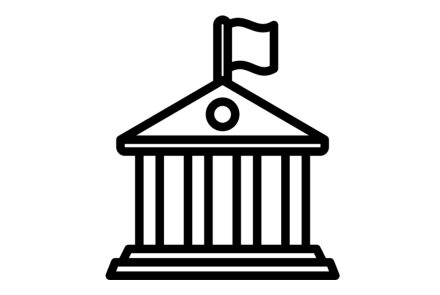When Power Becomes Oppression: Institutional Abuse of Power
Institutional abuse of power occurs when organizations—such as schools, workplaces, law enforcement, religious bodies, or healthcare systems—use their authority to exploit, suppress, or neglect the people they are meant to serve or protect. Unlike personal abuse, which happens between individuals, institutional abuse is systemic and often normalized within policies, cultures, and unspoken rules.
This abuse can look like a boss using their position to silence complaints, a school ignoring bullying to protect its reputation, or a hospital dismissing patient concerns because of racial or gender bias. It can also show up in discriminatory hiring practices, unjust punishments, or a lack of accountability for misconduct. What makes institutional abuse particularly dangerous is that it's often hidden behind a facade of professionalism, tradition, or bureaucratic red tape.
Victims of institutional abuse may feel powerless to speak up, fearing retaliation or disbelief. The institution's size and influence can create a wall of silence, where complaints are buried, whistleblowers are punished, and harmful practices are justified as “just the way things are.”
Recognizing institutional abuse requires courage and critical thinking. It takes people willing to ask hard questions, challenge unjust systems, and demand transparency and accountability. Whether you’re a student, employee, patient, or member—your voice matters. Institutions should empower, not oppress. When they fail to do so, it’s not just a personal problem—it’s a collective call to action to stand up, speak out, and create change from within.






